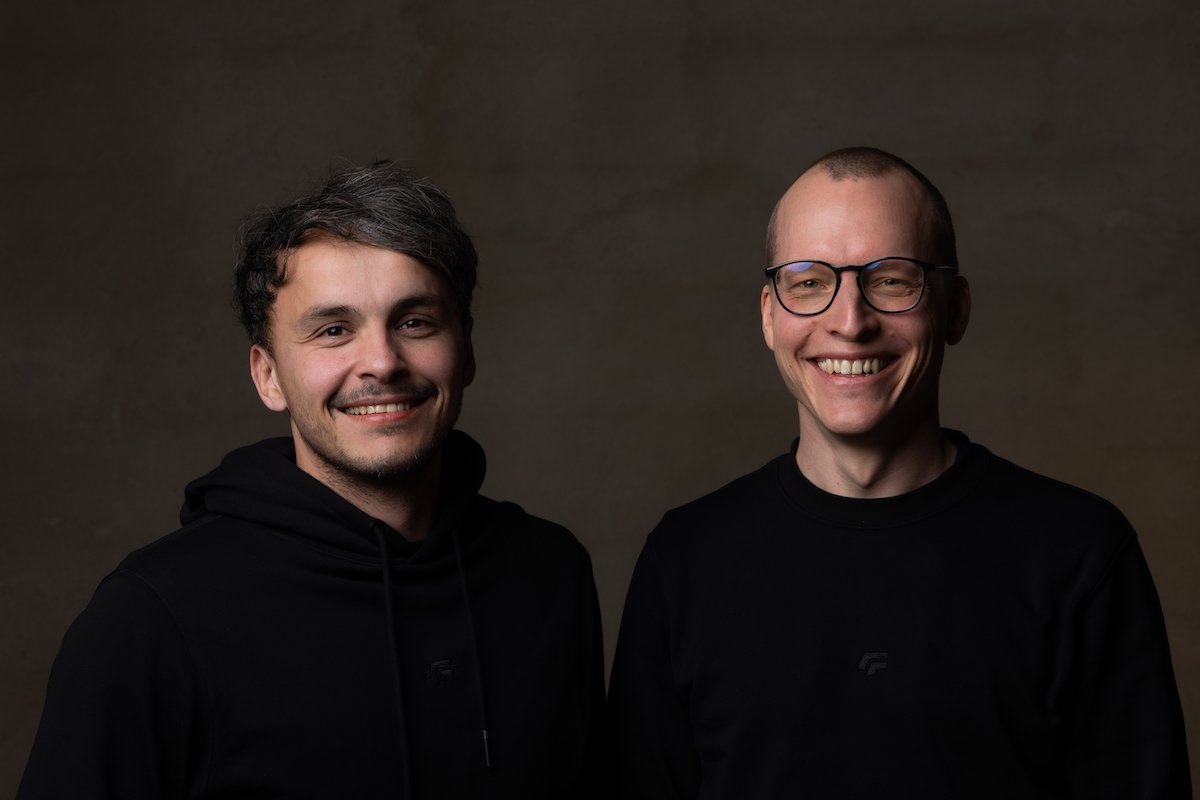Berlin-based finmid — one of the many startups building embedded fintech solutions — has recently closed a successful Series A round, raising €23 million ($24.7 million). This amount will allow them to expand their product and enter new markets. The round values the company at €100 million ($107 million), post-money.
Marketplaces — businesses that bring together retailers or other third-party providers with customers — are a prime target for embedded finance companies. This is because they host a lot of transaction activity, making it easier to integrate more functionality and improve their margins. The rise of fintech has opened up opportunities for marketplaces to offer diverse financing options through players like Airwallex, Rapyd, Kriya, and many others.
However, finmid believes that it can excel in their home region by providing better services. In Europe, small and medium-sized businesses often turn to banks for financing. But with the rise of fintech, there are now more accessible sources available, and many SMBs are taking advantage of this.
The startup’s co-founder, Max Schertel, shared with TechCrunch that they believe it is more feasible for SMBs to access capital through business partners rather than traditional banks or neo banks. “In an ideal scenario, you don’t have to leave the platform you’re on to access financing,” he said.
“In an ideal scenario, you don’t have to get out of that context.”
Finmid also believes that it makes sense for marketplaces to offer these services themselves. With a captive audience of customers and their customers, marketplaces have access to a wealth of data that can be utilized to create personalized financing offers.
As an example, Schertel noted that the food delivery brand Wolt uses finmid’s technology to offer cash advances to some of its restaurant partners directly within its app. Unlike a bank, Wolt has access to the restaurants’ sales history, and finmid helps leverage that data to determine who is eligible for a pre-approved financing offer.
The working capital is funded by finmid’s financing partners, with both finmid and the platform earning a percentage of each transaction. Schertel added that they have established relationships with major banks.
For a platform like Wolt, integrating finmid is a way to simplify the process for restaurants while generating additional revenue. This is a straightforward value proposition, as long as partners are willing to utilize finmid’s API.
“We have banking relationships with a lot of the large banks,” Schertel said.
However, Schertel revealed that it wasn’t easy to convince VCs in the early stages. While embedded finance has become a popular approach, it still requires partnerships to see results, which requires patience that not all VCs have. Despite this, finmid managed to secure funding from investors who have stayed with them since their launch during the pandemic. So far, they have raised €35 million in equity funding. Before the Series A round, they had raised €2 million in pre-seed and €10 million in seed funding.
“In its early days, finmid’s pitch wasn’t an easy sell to VCs.”
TechCrunch‘s Alexander Talkanitsa, finmid’s other co-founder, shared that they are looking for individuals with deep expertise in specific areas, notably finance, as they continue to grow their team. Additionally, the company has plans to expand into other countries, with Italy being their first target. However, there are no immediate plans on opening an office there. Talkanitsa currently spends half his time in Vienna, and finmid’s main office is located in Berlin.
Schertel and Talkanitsa had a valuable lesson during their time at N26: financial infrastructure leaves no room for error. As a result, they learned the importance of investing in reliability. Finmid offers an API that connects different data points from the platform and can integrate other sources of information on potential borrowers, just like a bank. To provide a smoother user experience, finmid displays pre-approved offers for end-users to choose from.
The company also offers a product called B2B Payments, which allows partners to finance trades between their users. Marketplaces such as Frupro (fruits and vegetables), VonWood (timber), and Vanilla Steel (metal) have been utilizing this tool.
The newly raised funds will mainly be used for hiring and expanding into new markets, Schertel revealed. He expressed his enjoyment for his current job, stating, “I like my job today a lot better than I did a year ago.”
Interestingly, Talkanitsa and Schertel met at N26, whose founder Max Tayenthal is now one of their investors, along with VC firms Blossom Capital and Earlybird VC.
As they continue to expand, finmid hopes to help businesses thrive by providing accessible financing options and opportunities for growth. With their expertise in finance and dedication to reliability, they are well on their way to success.









[…] with the launch of Two Chairs. His belief in the power of in-person therapy led him to establish a company that would prioritize face-to-face treatment. Through the use of a proprietary matching algorithm, […]